Architects are faced with progressively stricter standards regarding energy efficiency and safety of buildings. One of the factors that must be considered is the hygrothermal performance, i.e. how well the building and its individual components are suited to local climate. This requires long term forecasts of condensation, mould growth, thermal bridging risks and stability with respect to water accumulation, as well as heating, ventilation and air conditioning (HVAC) system performance analysis and overall building energy efficiency assessment. Moreover, monitoring systems should be in place to keep track of the current state of the building.
With years of experience in this field, we provide diagnostics, recommendations and optimization strategies for design of insulating assemblies (walls, roofs, floors) and HVAC systems, as well as efficient solutions for monitoring of buildings.
Methodology
Using both commercial software (WUFI Pro, COMSOL) and original tools developed by our group, we prepare long term forecasts of temperature and relative humidity and assess various risks. Simulations are performed using the finite volume method (FVM) and climate data (outdoor temperature, humidity, solar radiation, etc.). Data is obtained either from certified databases or from our own meteorological stations.
Models for three-dimensional thermo-hydro-dynamic simulations of building interior climate are available and include turbulent mass and heat transfer due to HVAC and interactions with the outdoor environment, as well as air/CO2/moisture mixture transport and the effects of human presence. Here, we utilize the control volume finite element method (CVFEM). The environment most often used for calculations is ANSYS CFX.
We have also developed a low-cost and low-maintenance wireless network of temperature, humidity and heat flux sensors for long term monitoring of conditions within buildings. The network is accessible offsite via remote control utilities. We provide tailored monitoring solutions, as well as installation and data processing services.
Projects
- ERDF project: Development, optimisation and sustainability research of smart solutions for near-zero energy buildings in real climate conditions.
- INPATH-TES: Development of lecture courses on building physics and thermal energy storage materials.
- ESF project: Development of sustainable and systemic solutions suitable for Latvian climate conditions and providing qualitative living environment in nearly zero energy buildings.
- ERDF project: Development of composite building structures solutions in accordance with EU requirements in the field of energy efficiency and thermal comfort with using of multiphysical modelling method.
Contact
Andris Jakovičs, Dr.Phys.
![]() +371 29 155 711
+371 29 155 711
![]() andris.jakovics@lu.lv
andris.jakovics@lu.lv
![]() 0000-0003-3410-5081
0000-0003-3410-5081


